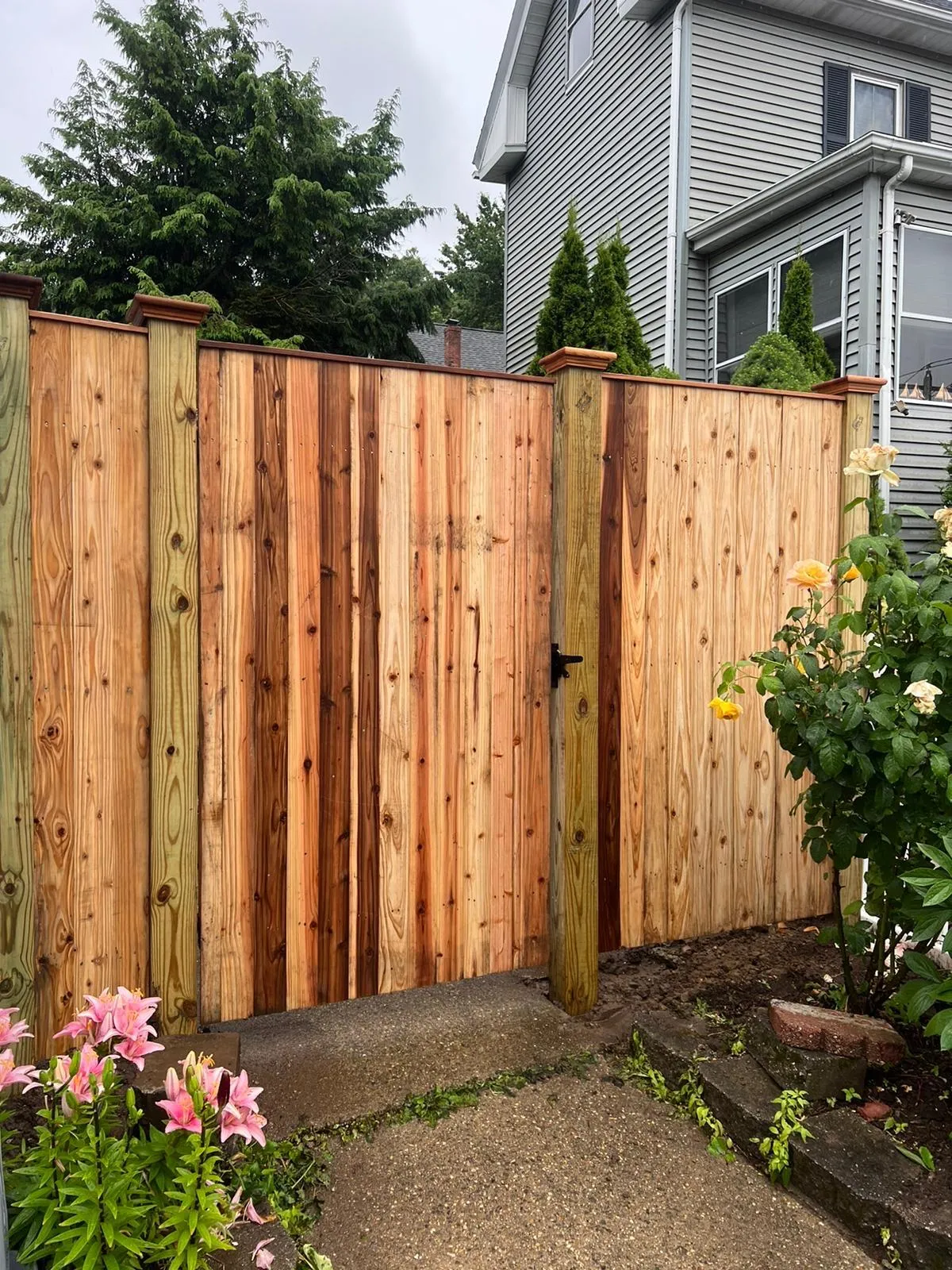
How long do fences last?
Fences are an essential aspect of any property, providing both security and aesthetic appeal. At Universal Fences, we understand that the lifespan of a fence is a significant consideration for our clients. In this blog post, we will explore the factors that affect the longevity of a fence and how long different types of fences typically last.
Factors That Affect the Lifespan of a Fence
The lifespan of a fence depends on various factors, including:
1. Material: The material used for a fence is a significant factor that influences its longevity. At Universal Fences, we offer a wide range of materials, including wood, vinyl, aluminum, and wrought iron, each with its own unique characteristics and lifespan.
2. Installation Quality: Proper installation is vital in ensuring the longevity of a fence. At Universal Fences, our team of skilled professionals is trained to provide precise and efficient installations, maximizing the lifespan of your fence.
3. Maintenance: Regular maintenance is essential to extend the lifespan of a fence. Proper maintenance, such as cleaning, staining, and sealing, can help prevent damage from environmental factors and pests.
Lifespan of Different Types of Fences
1. Wood Fences: Wood fences are a popular choice due to their classic and natural appearance. However, they require regular maintenance and are susceptible to decay and rot over time. With proper maintenance, a wood fence can last up to 10-20 years.
2. Vinyl Fences: Vinyl fences are a great alternative to wood, as they are more durable and require less maintenance. A well-maintained vinyl fence can last up to 20-30 years or more.
3. Aluminum Fences: Aluminum fences are lightweight, corrosion-resistant, and easy to maintain. They can last up to 20-30 years or more, depending on the quality of the installation and maintenance.
4. Wrought Iron Fences: Wrought iron fences are elegant, durable, and can last up to 20-30 years or more with proper maintenance.
Conclusion
In conclusion, the lifespan of a fence depends on several factors, including the type of material used, installation quality, and level of maintenance. At Universal Fences, we offer high-quality fence solutions that are designed to last. Whether you prefer the classic look of wood or the durability of vinyl or metal, we have the expertise to help you choose the right material and install it correctly. Contact us today to learn more about our fence solutions and how we can help you protect your property with a long-lasting fence.

How long do fences last?
Fences are an essential aspect of any property, providing both security and aesthetic appeal. At Universal Fences, we understand that the lifespan of a fence is a significant consideration for our clients. In this blog post, we will explore the factors that affect the longevity of a fence and how long different types of fences typically last.
Factors That Affect the Lifespan of a Fence
The lifespan of a fence depends on various factors, including:
1. Material: The material used for a fence is a significant factor that influences its longevity. At Universal Fences, we offer a wide range of materials, including wood, vinyl, aluminum, and wrought iron, each with its own unique characteristics and lifespan.
2. Installation Quality: Proper installation is vital in ensuring the longevity of a fence. At Universal Fences, our team of skilled professionals is trained to provide precise and efficient installations, maximizing the lifespan of your fence.
3. Maintenance: Regular maintenance is essential to extend the lifespan of a fence. Proper maintenance, such as cleaning, staining, and sealing, can help prevent damage from environmental factors and pests.
Lifespan of Different Types of Fences
1. Wood Fences: Wood fences are a popular choice due to their classic and natural appearance. However, they require regular maintenance and are susceptible to decay and rot over time. With proper maintenance, a wood fence can last up to 10-20 years.
2. Vinyl Fences: Vinyl fences are a great alternative to wood, as they are more durable and require less maintenance. A well-maintained vinyl fence can last up to 20-30 years or more.
3. Aluminum Fences: Aluminum fences are lightweight, corrosion-resistant, and easy to maintain. They can last up to 20-30 years or more, depending on the quality of the installation and maintenance.
4. Wrought Iron Fences: Wrought iron fences are elegant, durable, and can last up to 20-30 years or more with proper maintenance.
Conclusion
In conclusion, the lifespan of a fence depends on several factors, including the type of material used, installation quality, and level of maintenance. At Universal Fences, we offer high-quality fence solutions that are designed to last. Whether you prefer the classic look of wood or the durability of vinyl or metal, we have the expertise to help you choose the right material and install it correctly. Contact us today to learn more about our fence solutions and how we can help you protect your property with a long-lasting fence.







